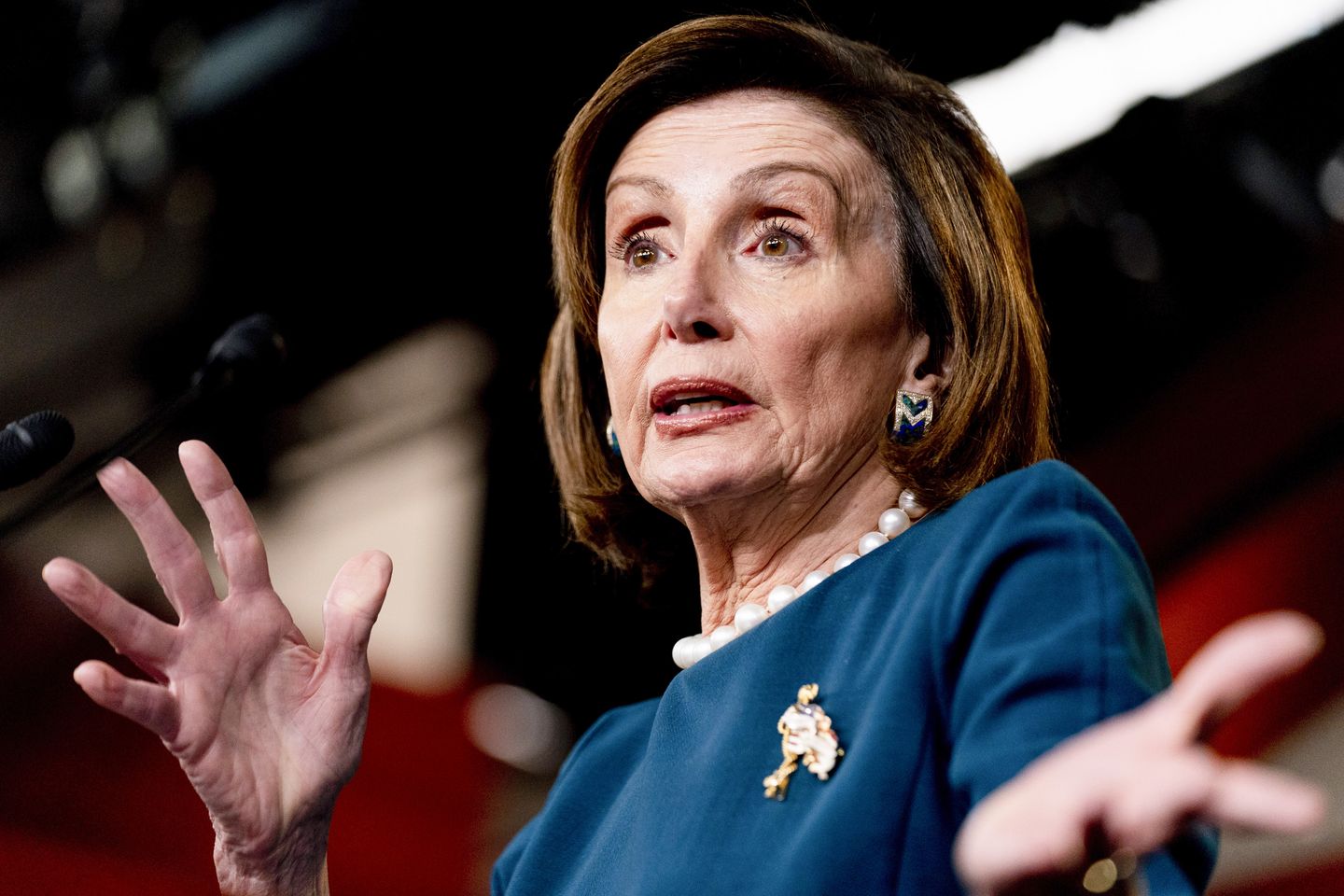Nancy Pelosi, the Speaker of the House, surprised many with her dissent against the announcement of two additional presidential debates scheduled for the upcoming weeks. The debates, which were announced on Wednesday, were met with mixed reactions from various political figures and the public. Pelosi’s opposition to the additional debates raised questions about the reasoning behind her stance and sparked discussions about the importance of debates in the political landscape.
Pelosi’s dissent against the additional debates may stem from a variety of factors, including concerns about the potential impact on the Democratic nominee, Joe Biden. As the Speaker of the House, Pelosi holds a prominent position within the Democratic Party and her opinions carry weight within the party’s leadership. Her objection to the debates could reflect a strategic decision to protect Biden from potential risks associated with additional debates, such as gaffes or missteps that could be exploited by his opponents. Additionally, Pelosi may be concerned about the logistical challenges of organizing and participating in multiple debates within a short timeframe, especially in the midst of a highly contentious election cycle.
The announcement of the two additional debates has reignited discussions about the role of debates in shaping public opinion and influencing voter decisions. Debates serve as a critical forum for candidates to present their policies, engage in substantive discussions, and demonstrate their leadership qualities to the American electorate. By participating in debates, candidates have the opportunity to showcase their knowledge, experience, and vision for the country, which can have a significant impact on voters’ perceptions and ultimately influence the outcome of the election. The decision to hold additional debates reflects a commitment to promoting transparency, accountability, and informed decision-making among voters.
Pelosi’s dissent against the additional debates has sparked debates within the political community about the potential benefits and drawbacks of expanding the debate schedule. Some argue that additional debates provide voters with more opportunities to assess the candidates’ positions on key issues, compare their policy proposals, and evaluate their ability to articulate their views effectively. By engaging in multiple debates, candidates have the chance to address a wider range of topics, respond to emerging issues, and engage in direct exchanges with their opponents, which can lead to a more robust and dynamic electoral process. However, others raise concerns about the potential risks of overexposure, fatigue, and diminishing returns associated with an expanded debate schedule, which could detract from the quality and impact of the debates.
In conclusion, Nancy Pelosi’s dissent against the announcement of two additional presidential debates has sparked discussions about the significance of debates in shaping public opinion, influencing voter decisions, and promoting transparency in the electoral process. The debates serve as a critical platform for candidates to present their policies, engage in substantive discussions, and demonstrate their leadership qualities to the American electorate. While Pelosi’s objection to the additional debates may reflect concerns about protecting the Democratic nominee and managing logistical challenges, the decision to expand the debate schedule raises important questions about the benefits and drawbacks of engaging in multiple debates. Ultimately, the debates play a crucial role in informing voters, shaping the national dialogue, and determining the outcome of the election, making them a key component of the democratic process.









